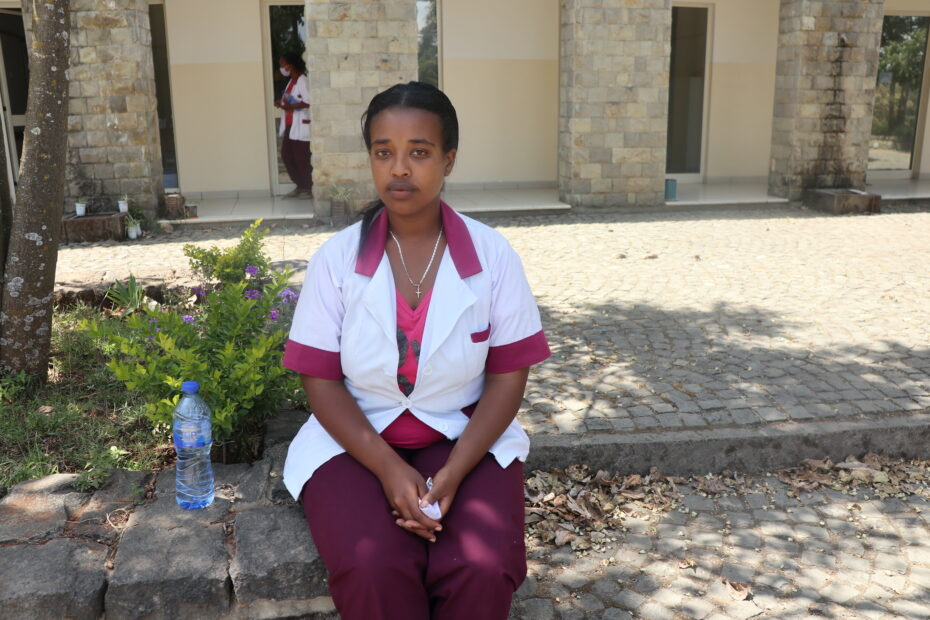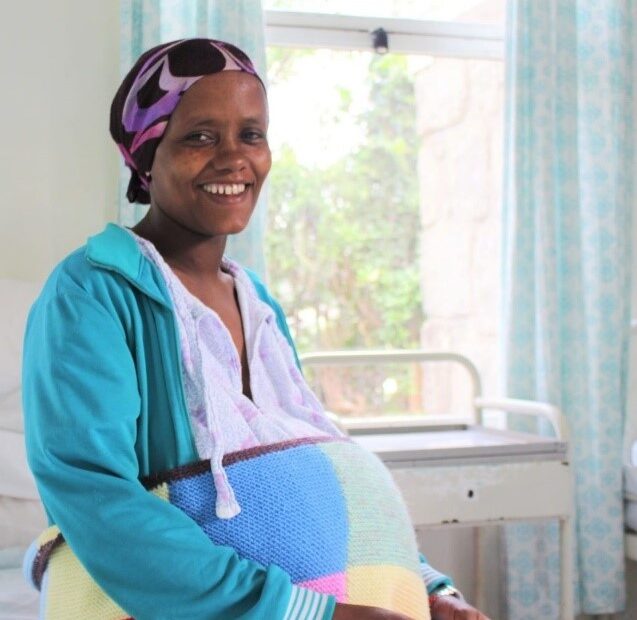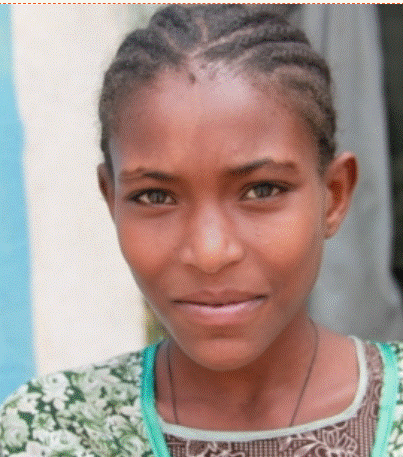Transforming Maternal Health in Ethiopia: Tsinat Hussein Midwife
We share the inspiring story of Tsinat Hussein, a dedicated trainee midwife from Harar town, who is making a profound difference in her community.
We share the inspiring story of Tsinat Hussein, a dedicated trainee midwife from Harar town, who is making a profound difference in her community.
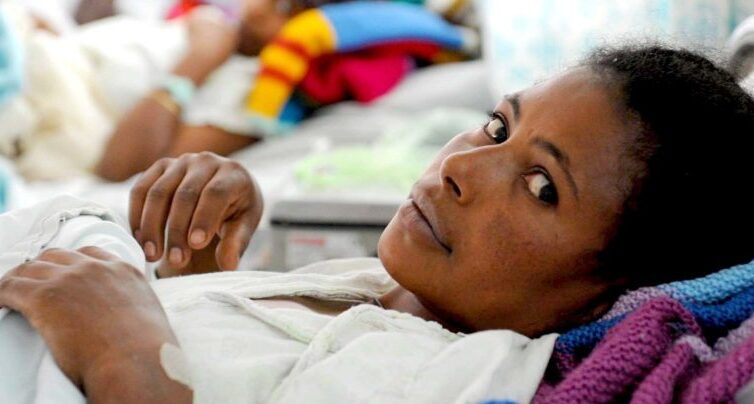
Sindayo turned a devastating injury into an opportunity to help other Ethiopian women…
“I need to do more to convince mothers to deliver at a health centre.
Sindayo is a great communicator. Unlike many Ethiopian women, she was fortunate enough to complete higher education. But she hasn’t always been lucky in life.
The labour of Sindayo’s first child was long and complicated. She tried to give birth at home. The labour was complicated but it was three days before she was able to reach a local hospital. There, she received the devastating news that her baby was stillborn.
Sindayo was later diagnosed with an injury known as obstetric fistula – a tear in the bladder or rectum as a result of enduring such a protracted labour. Soon after, her husband divorced her.Within three months of the fistula injury diagnosis, Sindayo received surgery.
Promoting prevention
After recovering, Sindayo learned of the work of Healing Hands of Joy and knew she wanted to become a Safe Motherhood Ambassador. Safe Motherhood Ambassadors are obstetric fistula survivors who have been trained at promoting prevention of the injury, and better infant health, by educating pregnant mothers on safe delivery practices.
Alongside this training, the women are also encouraged to attend skills workshops that will develop them personally (including literacy, numeracy and income generating activities).
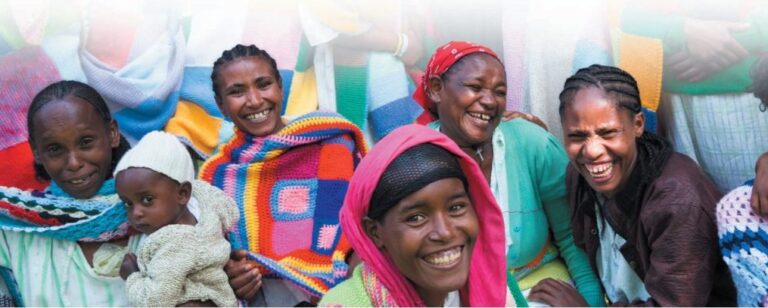
We want to tell you about Hawwa Amanu, one of the young women whose life has been turned around thanks to Ethiopiaid supporters.
Hawwa was born and raised in a remote rural village in Oromia where she lived with her farming family. At just 15 years old she married and led a happy existence with her husband who cared very much for her. The news that she was expecting their first child was a time of great excitement and preparations began for their new family.
Hawwa’s labour was excruciating and her worried family tried every possible traditional remedy to help her. After five days of laboring Hawwa was left unconscious. Desperate, her family carried her by stretcher for five hours to the nearest town.
Sadly, it was too late to save Hawwa’s baby. Her prolonged labour had left her with a devastating and complex fistula injury. Mourning the loss of her baby and the trauma inflicted upon her body, Hawwa returned home.
“I feared eating and drinking, I lost appetite. I never got back to my husband and almost divorced. Fistula had totally ruined my life.” Hawwa said.
Hawwa Amanu
But hope was not lost. Another woman in the village told Hawwa’s mother about the Addis Ababa Fistula Hospital. It took three surgeries to completely cure her. Once Hawwa was completely cured she rejoined her husband to rebuild their life together. Several years after her traumatic fistula injury, Hawwa was overjoyed to find that she was expecting twins.
“And now here I am totally dry, restarting a happy family…. Thank you all for reconstructing my whole life and enabling me to become a woman with self-esteem…. no words of mouth can express my heartfelt gratitude.”
Hawwa Amanu
Sadly, Hawwa’s story is not unique. There are so many women still facing a life of despair. The Ethiopian Ministry of Health estimates there are more than 36,000 women living in rural Ethiopia with obstetric fistula and that over 3,000 new cases occur each year.
Our three fistula partners are leading the Ethiopian government’s fistula taskforce. Together they aim to eradicate this devastating birth injury and help survivors resume their lives as mothers, wives and members of their community.
Women with obstetric fistula suffer terribly, but the injury is treated successfully in more than 90% of cases. Our partners combine surgery and rehabilitation to completely transform a women’s life, healing both her body and mind, returning her self-esteem and confidence.
Our partners can only continue to help women like Hawwa because of the support of people like you.
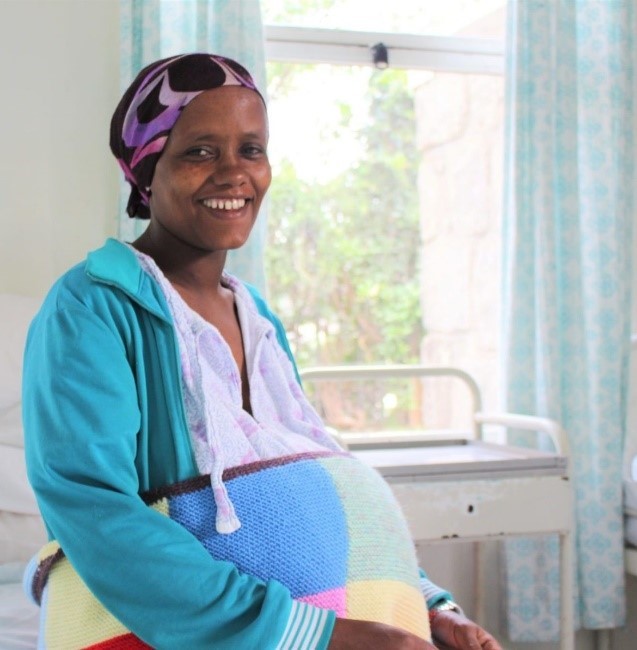
36-year-old Senait has devoted 14 years of her life to the Afar Pastoralist Development Association (APDA) in Sifra district, Afar. Her unwavering commitment to the community has been a beacon of hope in the face of adversity.
Sifra, a region now synonymous with displacement and hardship, hosts over 70,000 people in its main displacement camp. The camp, a sprawling expanse of makeshift shelters cobbled together from discarded plastic and refuse, has become a stark symbol of the region’s challenges. Here, families huddle together, seeking solace and safety amidst uncertainty.
In the midst of this, Senait’s resolve has been unshakable. Despite personal setbacks and the overwhelming scale of need, she returned to Sifra, driven by a deep-seated desire to help those in dire need. Her leadership has been instrumental in guiding her team to prioritize the most vulnerable, particularly pregnant mothers facing unimaginable stress and trauma.
Senait’s empathy and care were vividly demonstrated when she cared for three women who tragically miscarried upon arrival at the camp, a direct result of the shock and trauma they endured. Her compassion didn’t stop there; another woman, heavily pregnant and on the brink of starvation, found refuge in Senait’s own shelter. Sharing her meager food and offering unwavering support, Senait ensured the woman’s safe journey to APDA’s maternity hospital, accompanying her to provide comfort in an unfamiliar and frightening environment.
The camp, teeming with expectant mothers, presents overwhelming challenges. Senait and her team work tirelessly, providing assistance amidst a dire scarcity of resources. Nearby hospitals, spared from looting, are inundated with war wounded, facing severe shortages of essential medical supplies like medicines, oxygen, and anaesthetics.
Amidst these tragic circumstances, the work of Senait and her team shines as a crucial lifeline. Without the support of donors and the relentless effort of APDA, these critical interventions would not be possible. APDA’s commitment to reaching the forgotten and most isolated segments of society ensures that there is someone to hold the hands of women in their darkest hours.
The plight of these women, although heart-wrenching, is met with resilience and hope, thanks to the support of people like Senait. However, the thought of how many are yet to be reached and supported is a sobering reminder of the work that lies ahead.
Senait’s story is a testament to the strength and resilience of the human spirit and the profound impact of dedicated humanitarian efforts. It underscores the essential need for continued support to aid organizations like APDA in their mission to bring aid and hope to the most vulnerable.
Donate today to support APDA
Hawwa was born and raised in a remote rural village in Oromia where she lived with her farming family. At just 15 years old she married and led a happy existence with her husband who cared very much for her. The news that she was expecting their first child was a time of great excitement and preparations began for their new family.
© Copyright 2023 Ethiopiaid Canada. 404 McArthur Ave Room 200, Ottawa, ON K1R 1G8 [email protected]
Registered charity number : 855016267/RR0001
